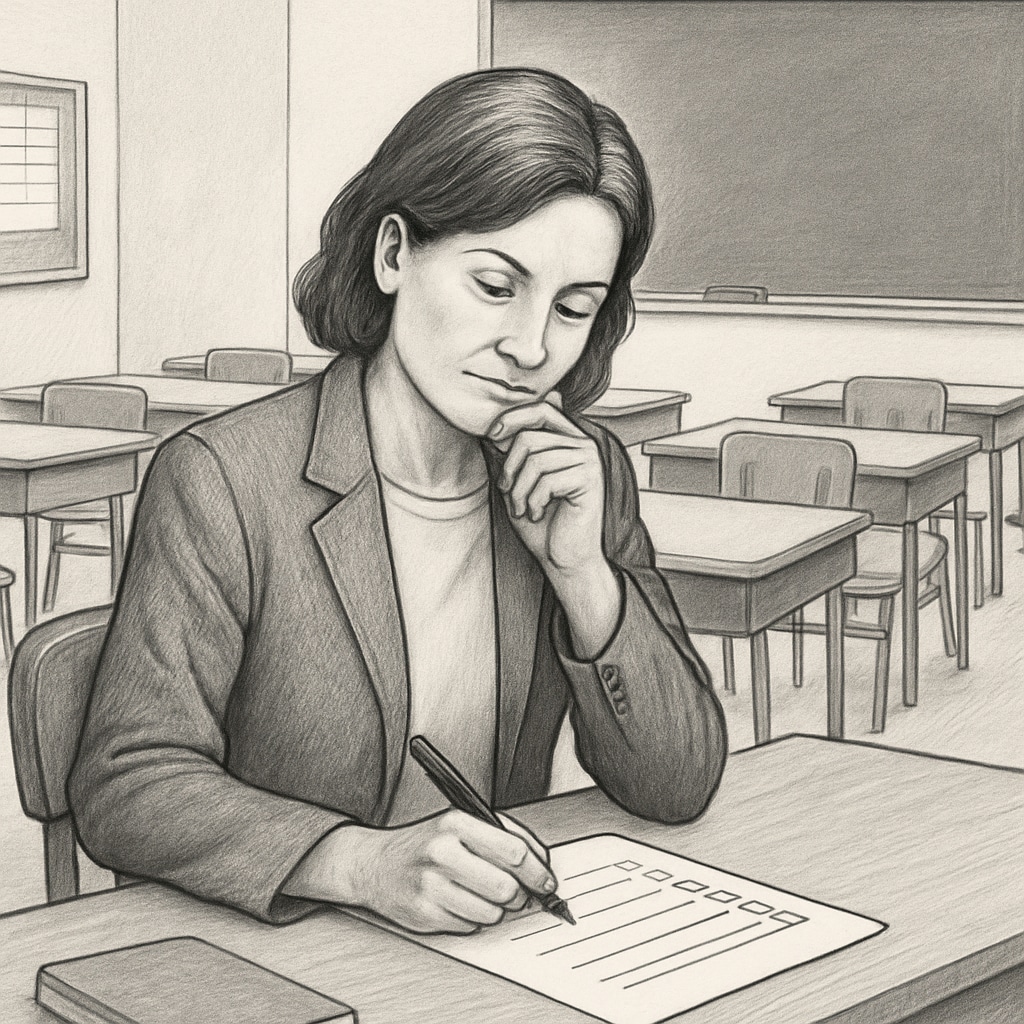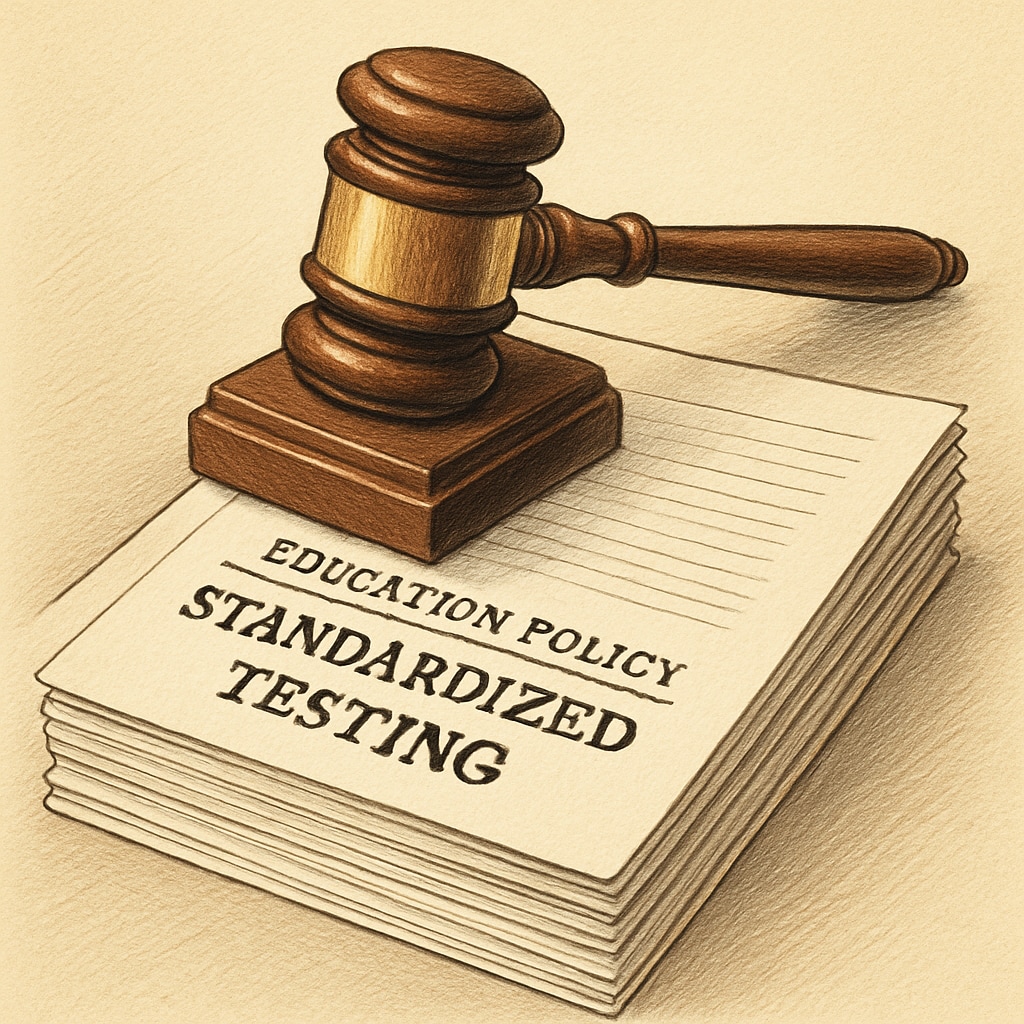Oklahoma’s decision to implement a political inclination test for out-of-state teacher applications has ignited significant debate across the education sector. This controversial policy introduces a new layer of ideological screening, raising concerns about the boundaries between education neutrality and political interference. While proponents argue it safeguards local values, critics warn of its potential to undermine the principles of academic freedom and inclusivity.
Understanding the Political Inclination Test
The political inclination test aims to evaluate whether prospective teachers align with specific ideological positions deemed acceptable by the state. While the exact parameters of the test remain unclear, reports suggest it includes questions about applicants’ political beliefs, social views, and even their stance on contentious topics like race and gender in education. Such a policy is unprecedented in modern U.S. education systems, making Oklahoma a focal point of national discourse.

This development stems from a broader cultural and political movement that seeks to address concerns over perceived ideological bias in classrooms. However, critics argue that by prioritizing political alignment over teaching qualifications, the policy risks sidelining skilled educators who may hold differing views but are otherwise highly competent in their roles.
Potential Impacts on Education and Teacher Recruitment
One of the most immediate concerns about this policy is its potential chilling effect on teacher recruitment. Out-of-state educators, already navigating complex licensing and relocation processes, may be deterred by the added layer of ideological scrutiny. This could exacerbate existing teacher shortages, particularly in underserved rural areas where qualified educators are desperately needed.
Moreover, the policy could lead to a homogenization of perspectives within classrooms. While proponents may view this as a way to preserve cultural values, critics caution that it stifles the diversity of thought and open dialogue that are essential to a well-rounded education. As a result, students may be deprived of opportunities to engage with diverse worldviews—an essential component of critical thinking and empathy development.
For context, similar debates have arisen in other states with policies targeting teaching content, such as restrictions on critical race theory. However, Oklahoma’s approach goes a step further by targeting the personal beliefs of educators themselves. This raises significant legal and ethical questions about freedom of speech and association.
Legal and Ethical Considerations
Legal experts have raised concerns that the political inclination test may infringe upon constitutional protections, particularly the First Amendment, which guarantees freedom of speech and association. By effectively requiring teachers to conform to a specific ideological framework, the policy could be seen as a form of compelled speech.
Ethically, the policy also challenges the principle of educational neutrality. Public education, as a cornerstone of democracy, is expected to serve diverse communities without favoring any particular political or ideological stance. This policy risks eroding public trust in the education system by aligning it too closely with partisan agendas.

Looking Ahead: Balancing Values and Inclusivity
As debates continue, it is crucial for policymakers to consider the long-term implications of such measures. While it is understandable for communities to seek alignment between educators and local values, this must not come at the expense of inclusivity and academic freedom. A balanced approach might involve fostering open dialogue between educators and communities to address concerns without resorting to exclusionary practices.
In addition, more transparent and objective criteria for teacher hiring could help rebuild trust in the system. Instead of focusing on ideological alignment, policies should prioritize teaching qualifications, experience, and a commitment to fostering inclusive learning environments. This would better serve the ultimate goal of education: preparing students for a diverse and interconnected world.
Readability guidance: The article employs concise paragraphs, active voice, and transitional phrases to maintain a professional yet accessible tone. Visual placeholders are used to enhance engagement and support key points.


